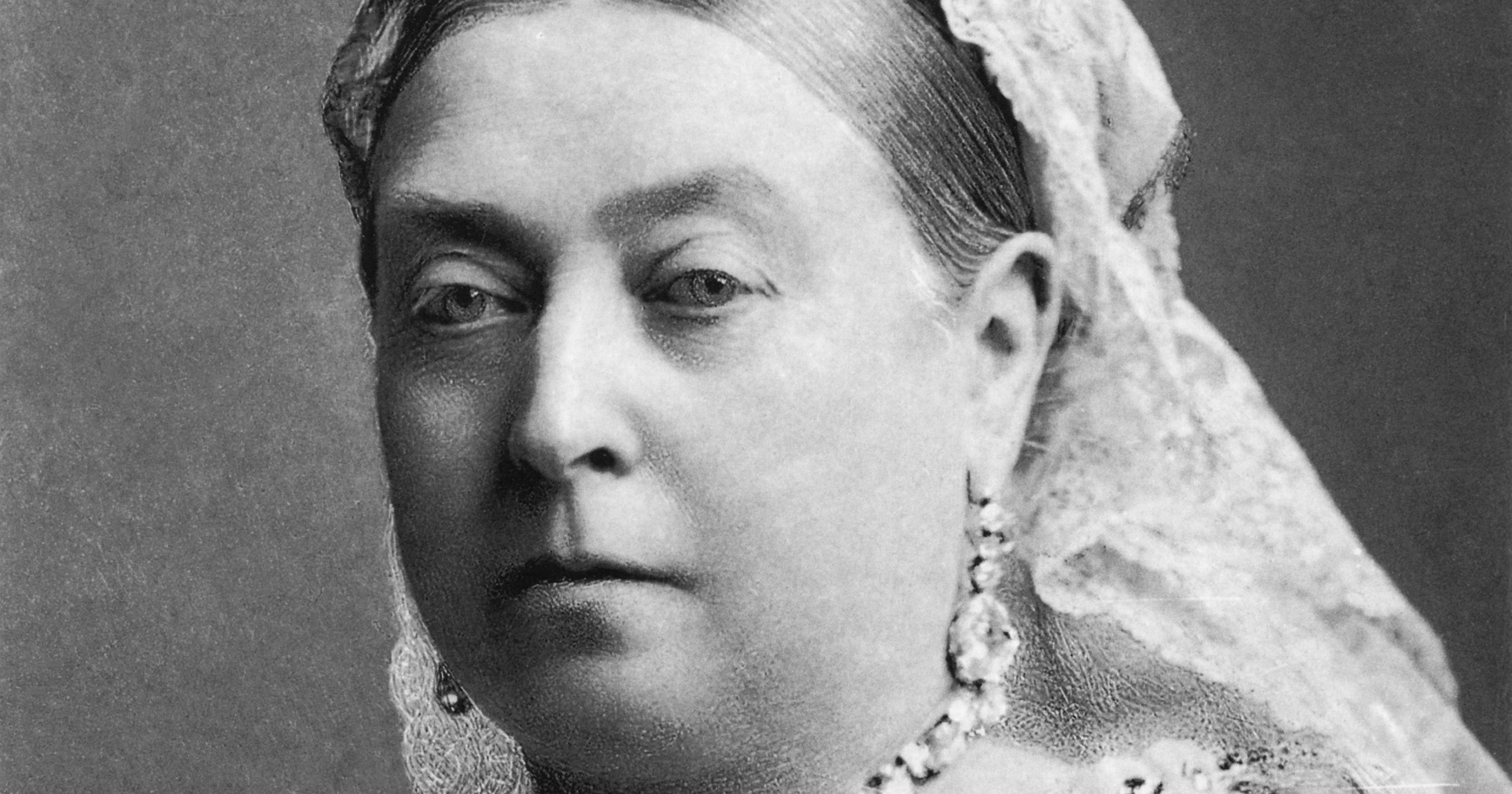 Evolution
Evolution
 Faith & Science
Faith & Science
Darwin and the Victorian Crisis of Faith

Editor’s note: We are delighted to present a new series by Neil Thomas, Reader Emeritus at the University of Durham, “Darwin and the Victorian Crisis of Faith.” This is the first article in the series. Look here for the full series so far. Professor Thomas’s recent book is Taking Leave of Darwin: A Longtime Agnostic Discovers the Case for Design (Discovery Institute Press).
“Follow the science” we have all been commended to do over the recent COVID pandemic, and sensibly the vast majority of us have tried to do just that. Exactly the reverse occurred with the reception of Darwin’s Origin of Species. The vast majority of expert reviewers of the volume came out against it on the eminently straightforward grounds that Darwin’s special theory of “natural selection” simply would not fly: it possessed no empirically observable or even deducible biological pathway. I have already documented those early voices of dissent and will not itemize them further here.1
Suffice it to note in this regard that Professor Fleeming Jenkin (the distinguished Scottish scientist who with Lord Kelvin spearheaded the laying of the transatlantic cable) was particularly scathing about anything bar the possibility of trivial micro-mutations (rather than that grand form of metamorphic macro-mutation speculated upon by Darwin). He protested that even geological eras of time would be insufficient to overcome physiological impossibilities (and, as a recent commentator has reminded us, time would in any case be more likely to lead to dissipation of any serendipitous gains rather than to any step-by-step formation of new body parts).2
The curious thing, however, was that within a few decades, and in defiance of each and every scientific imprecation, Darwin’s Origin achieved the acceptance initially denied it by the scientific community. Such a puzzling reversal of fortunes clearly cries out for explanation since, on the face of it, it seems as counterintuitive as if, say, a Broadway production panned by the critics were later to receive a “Greatest Show on Earth” award.
Next, “Darwin and the Victorian Culture Wars”
Notes
- Neil Thomas, Taking Leave of Darwin: A Longtime Agnostic Discovers the Case for Design (Seattle: Discovery, 2021), pp. 61-7.
- Eric Metaxas, Is Atheism Dead? (Washington DC: Salem Books, 2021), p. 104.
